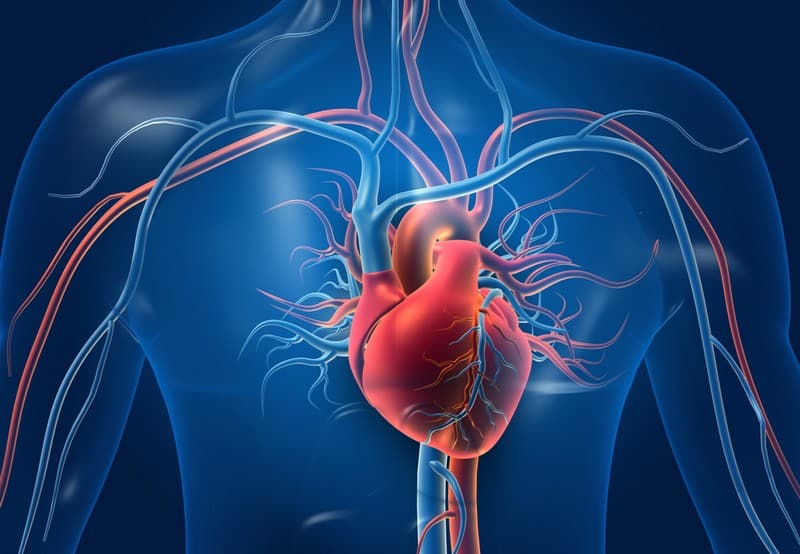Poor Blood Flow to the Heart

Most people know that the heart is a muscle. Like any other muscle in the body, it needs a constant blood supply to function properly. What many people don’t know, however, is that poor blood flow to the heart can cause a condition known as ventricular tachycardia.
When the blood flow to the heart is reduced, the ventricles must work harder to pump blood throughout the body. Unfortunately, this extra work can cause them to contract too quickly and lead to ventricular tachycardia.
The first step in treating ventricular tachycardia is to identify and correct any underlying conditions that may be causing it. For example, if ventricular tachycardia is caused by coronary artery disease, treatment will focus on opening the blocked arteries. If ventricular tachycardia is caused by cardiomyopathy, treatment will focus on controlling the underlying disease.
In addition to treating any underlying conditions, there are also several measures that can be taken to directly treat ventricular tachycardia itself. These include medications which slow down the heart rate and help to prevent ventricular tachycardia episodes. Other treatments include electrical cardioversion and implanted cardioverter defibrillators.










